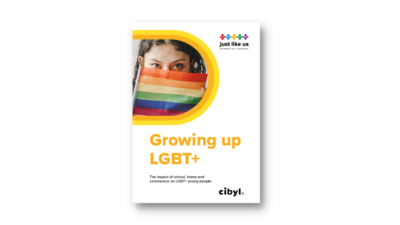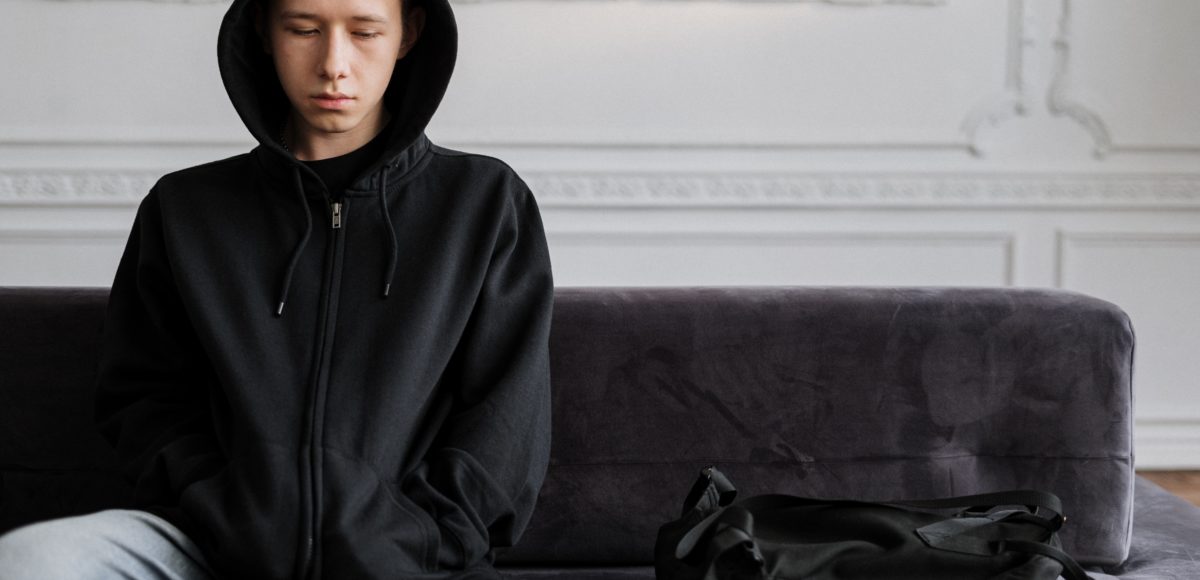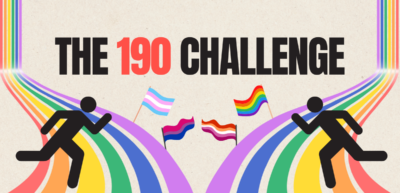
A third of pansexual young people face daily tension at home, research finds
News

A third (31%) of pansexual young people are experiencing daily tension at home, such as arguments with family, according to independent research released on Pansexual Visibility Day by charity Just Like Us.
This is significantly higher than LGBT+ young people generally (25%) and non-LGBT+ young people (15%).
The majority (67%) of pansexual young people have had suicidal thoughts or feelings and half have had depression (47%) and anxiety disorder (51%).
Only 53% of pansexual young people have felt safe in school on a daily basis in the past 12 months – compared to 58% of LGBT+ young people generally and 73% of non-LGBT+ young people – the independent research by Just Like Us has found.
14% of pansexual young people have never felt positive about their future, compared to 10% of bisexual young people and 5% of non-LGBT+ young people.
One in five (20%) pansexual young people has had an eating disorder, and a third (32%) has self-harmed.
Six in 10 (59%) pansexual young people say their mental health has ‘got worse’ since the pandemic began and half (52%) have also felt lonely and separated from the people they’re closest. Over half (53%) are worrying daily about their mental health.
One secondary school pupil, Matthew, is 14, pansexual and from Coventry. He says: “It has been a really scary time for everyone.”
Matthew has been one of few pupils going into school during lockdown and says: “I definitely feel less motivated and it’s very quiet.
“I also have had some panic attacks and am worried about being forgotten.
“If you don’t have a home life where people are accepting of being LGBT+, you need it to be accepted at school so you know it’s OK.”
The independent study of 2,934 pupils aged 11-18 (1,140 of whom were LGBT+) across the UK by Just Like Us, the LGBT+ young people’s charity, has found that LGBT+ young people are significantly more likely to struggle with mental health, tension at home and a lack of safety at school.
The data forms part of Growing Up LGBT+, a larger report published by Just Like Us. The report also found that LGBT+ young people are twice as likely to experience depression.
Half (48%) of all pupils surveyed say they have received little to zero positive messaging at school about being LGBT+ in the last 12 months.
Just Like Us’ Chief Executive, Dominic Arnall, says: “Just Like Us’ independent research has found that LGBT+ young people are struggling disproportionately with mental health and wellbeing, tension at home and a lack of safety at school.
“We hope that this Pansexual Visibility Day we can raise awareness of the need for acceptance in school and at home, and we urge all primary schools, secondary schools and colleges to take part in School Diversity Week this 21-25 June to ensure all young people know that it’s OK to be LGBT+.
“Our independent research has found that LGBT+ young people who are also Black, disabled and/or eligible for free school meals face even more challenges when it comes to safety and acceptance as well as mental health – they need our support.
“Just Like Us provides all the inclusive resources you’ll need to take part in School Diversity Week and it’s completely free.”
Primary Schools, secondary school and colleges needing support with LGBT+ inclusion can contact Just Like Us and receive free LGBT+ inclusive resources by taking part in School Diversity Week.

